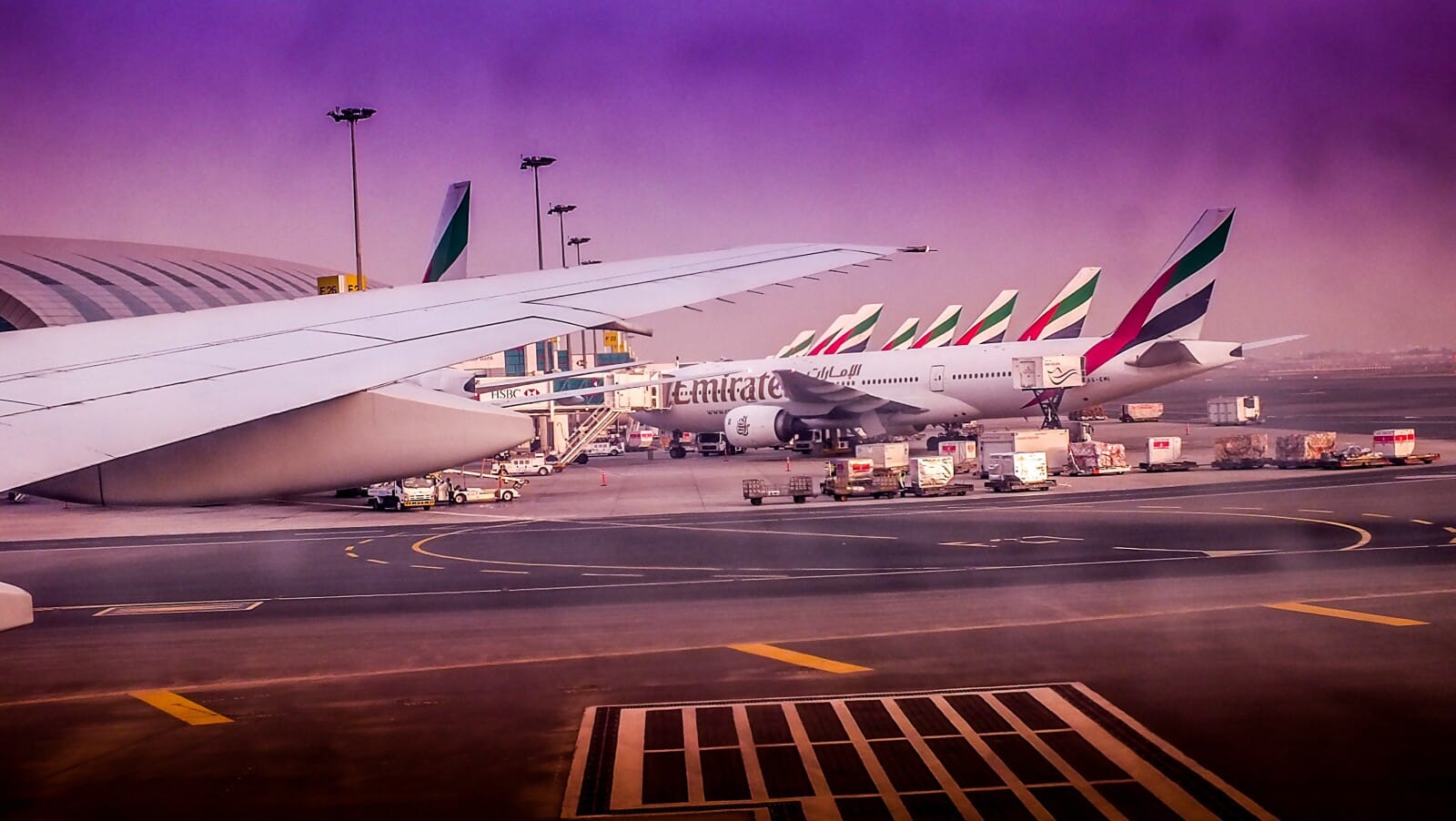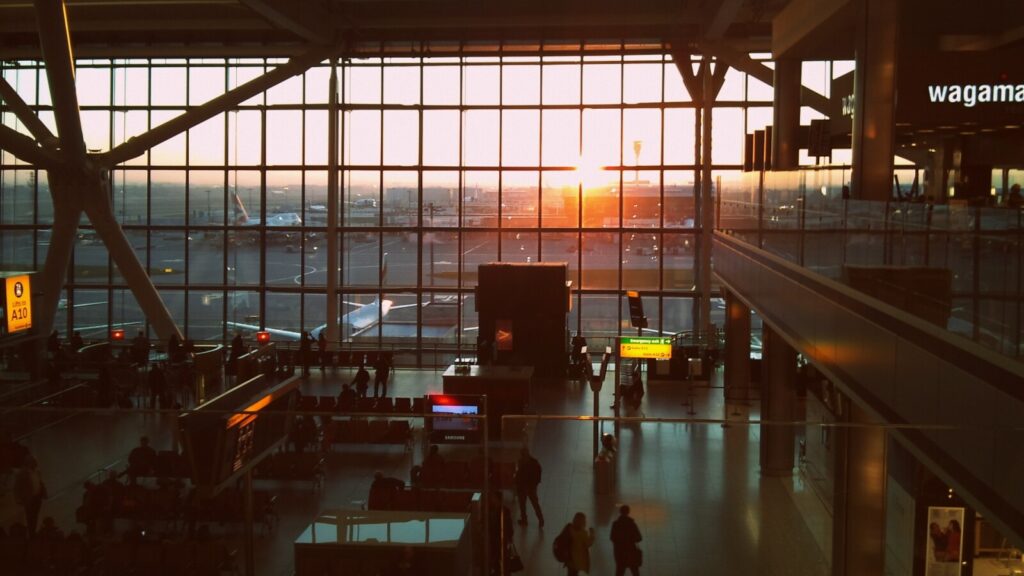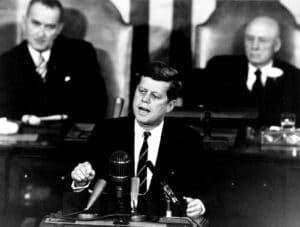Heathrow Airport was its busiest January since the beginning of the pandemic, with over 5 million people passing through. This is still less than the 6 million travellers that utilised the airport in January 2020. Following the elimination of Covid limitations, the numbers demonstrate the resurgence of the air travel industry and the growth in demand for foreign travel.
Unite, a labour union, is currently balloting more than 3,000 Heathrow employees for strike action over a salary issue. If the strike goes forward, it might cause delays and disruptions around Easter. The union announced that its members are rejecting a 10% pay increase proposed by the airport, citing 10.5% inflation.
John Holland-Kaye, the CEO of Heathrow, stated that the airport was “back to its best” and that customer satisfaction was “at or above pre-pandemic levels.” During half term, 17,458 flights are planned to depart from UK airports, a 43% increase from last year’s February break.
Heathrow has warned that its 10% salary raise offer will be removed if the strike begins. Last December, over 1,000 Border Force employees went on strike for several days, requiring the deployment of military soldiers and civil servants to cover their duties.
The pandemic of coronavirus has had a significant impact on the air travel and tourism industries. Due to the decline in travel demand at the height of the epidemic, airports and airlines were forced to eliminate thousands of positions, with many workers not returning to the business because they found other employment.
Despite Heathrow’s busiest start to the year since the pandemic, Easter might be disrupted by a potential walkout if unions reject the salary increase given by the airport. Tourism and air travel are slowly recovering, but thousands of jobs at airports and airlines remain at risk due to the effects of coronavirus.

















